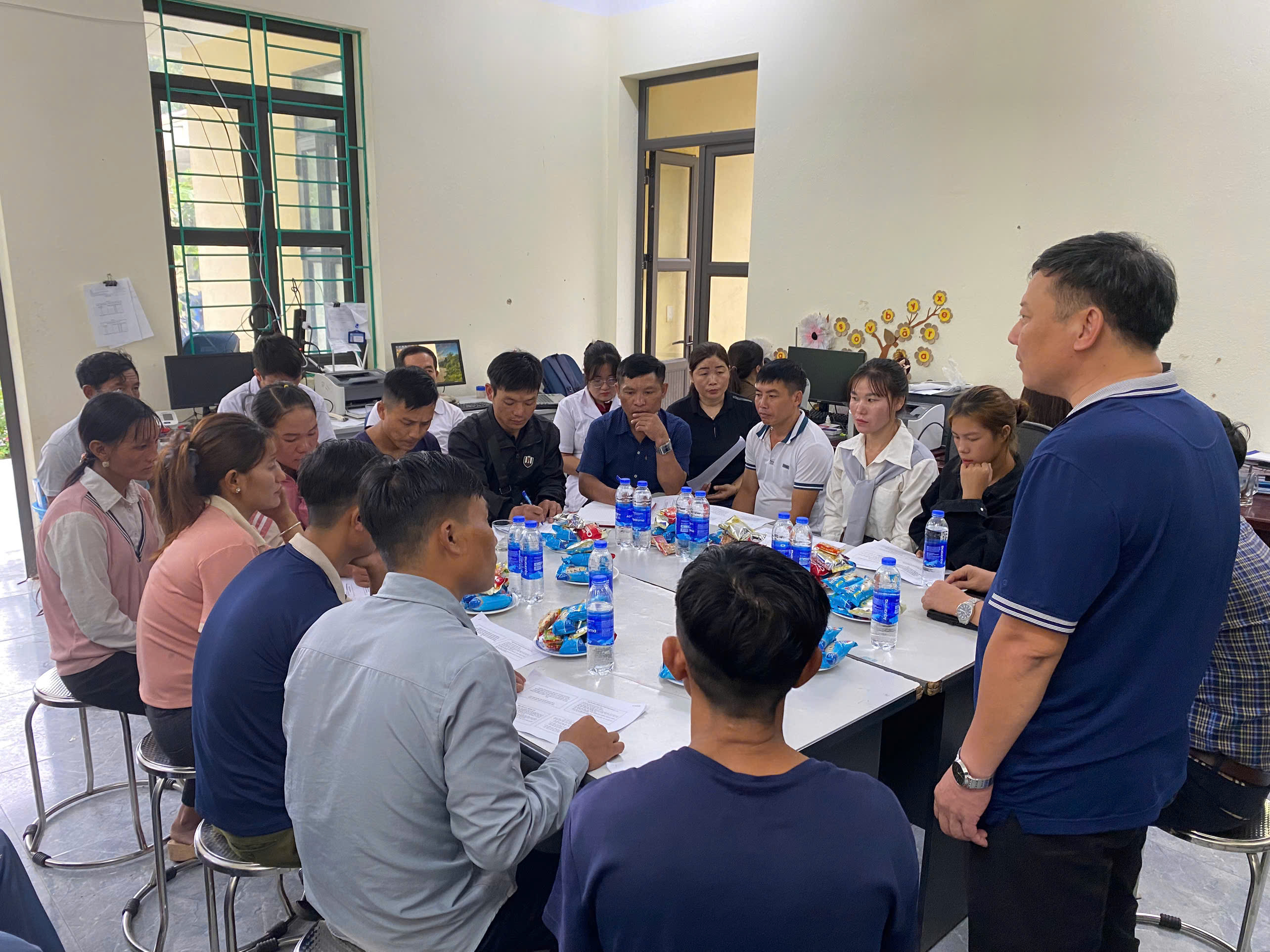
Even with almost 2,000 schools and nurseries closed across the country and 2,300 patient contacts already in quarantine, it is never easy to predict the imminent end of the current outbreak of Middle East Respiratory Syndrome (MERS) in the Republic of Korea. But that is exactly what Health Minister Moon Hyung Pyo just did at a parliamentary hearing: “I’m cautiously predicting, but I think the peak was reached today.”
So why such assurance, and on the same day the ministry also announced a jump of 23 new cases? In a word: resources.
The government remains hopeful because it was able to immediately dedicate considerable resources to containing MERS. As well as managing all known cases, thousands of potential patient contacts also had to be identified, examined and isolated, either in hospitals or their homes. Some known contacts who slipped through the quarantine net were reportedly tracked by authorities using their cell phone signals and returned to quarantine. According to Reuters, the government is continuing to track the phones of another 2,500 or so people. The situation is serious, but the response is impressive.
It is doubtful that many countries in the Asia Pacific region could have acted with such intensity or assurance. The Republic of Korea invests an estimated US$ 1,004 per year in the health of each of its citizens. Within the region, that level of health spending is exceeded by only Australia, New Zealand and Japan. If MERS had appeared in one (or more) of the long list of nations that spend significantly less – such as Bangladesh (US$ 11), Cambodia (US$ 16), India (US$ 20) or even Thailand (US$ 212) – the story could have been a very different one.
Image title
South Korea’s consistent investment in health has likely proved invaluable in the past few weeks. In other countries, the legacy of low investment in public health will inevitably be reflected in each country’s ability to respond to emerging health security threats.
There are other emerging crises, such as that of multidrug-resistant malaria spreading across the Greater Mekong Sub-Region towards India and potentially Africa, where the prognosis is far bleaker. If MERS serves as a rallying point for investment in health systems and health security across the most populous region on earth, it would be a silver lining to this very dark cloud.
By Dr Benjamin Rolfe, APLMA Executive Secretary
.svg)









